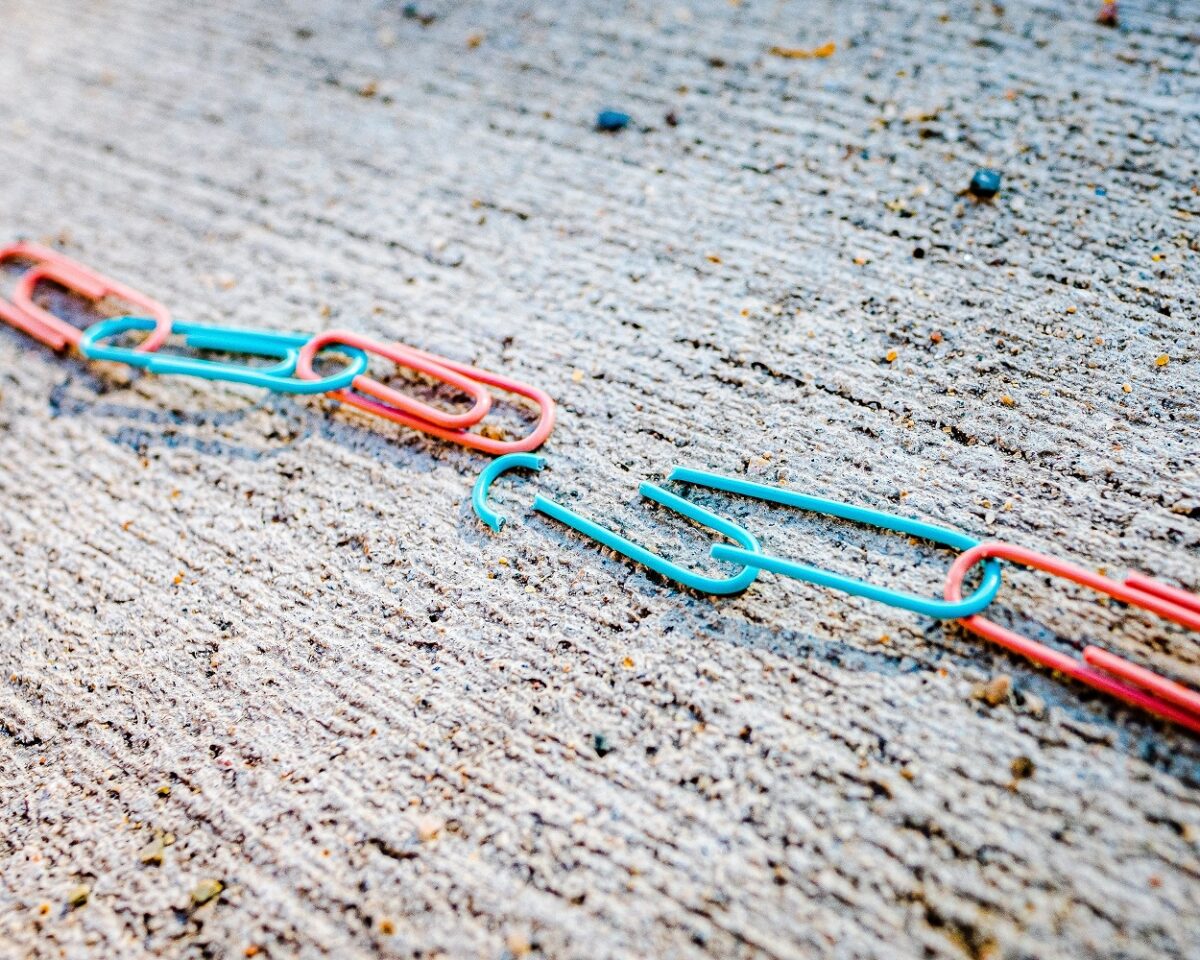What Exactly Are They?
A divorce record is a collection of documents, materials, and accounts of actions taken in a divorce proceeding. The court maintains them from when the plaintiff files the case to when the court issues a decree. Upon issuing the divorce decree, these records are public information, and any individual may access them from the record custodian. However, a court order or statute may restrict access to information considered sensitive, confidential, or injurious to the privacy of the divorcees.
What Information Is in Divorce Records?
The contents of a divorce record differ with the divorce. Nevertheless, you can expect to see the following information in a divorce record:
- Name of the divorcees
- Name of the representing attorneys
- The settlement agreement (subject to redaction)
- Grounds for the divorce
- Transcript of the court hearing (if applicable)
- Affidavits
- Motions
- Orders
- Records of deposition
- Final adjudication
Note that the list of documents in a divorce record and the information they contain is not exhaustive. Courts are very meticulous about maintaining documentation of divorce proceedings. You can rest assured that you will find any piece of information or document that was created during a divorce in the divorce record unless the court order or statute seals the court record.
How Can I Find Divorce Records?
To inspect the documents in a divorce record, visit the court where the litigants filed the case. There, you must locate the office of the clerk of courts and submit a formal request to inspect and copy the contents of a divorce record. Of course, you will need to provide the necessary details to help the record custodian retrieve the divorce record. These include the names of the divorcees and the dates of filing and adjudication. The case number or docket number is also useful information. Likewise, depending on the filing system, providing the name of the presiding judge or attorney can also help hasten the retrieval of the divorce record you seek. Bear in mind that searching and copying divorce records are subject to fees unless the record custodian waives such fees. If you seek certified copies of the divorce record, additional fees apply.
Finding divorce records in person can be arduous, especially if you are not near the county where the divorcees filed the case. The other alternative to in-person requests is searching the online database of the court – if the court maintains one. You will need to use one or more case information as search parameters to query the database. Online databases are convenient and flexible to use, but the immediate availability of a record is not guaranteed. The lag is often due to the technology used at the courthouse, the backlog of court records to be uploaded, and available staff to scan and upload the physical copies of the divorce records. Thus, you should allow for a few days for recent filings or documents to become available.
Meanwhile, the Vital Statistics Divisions of state Departments of Health provide divorce certificates to eligible individuals. These include the individuals named on the record, their immediate family, and their legal designees. The fees and process for obtaining divorce certificates also vary with the state. You can use the CDC directory to find the location and contact information of Vital Statistics Divisions in the United States.

